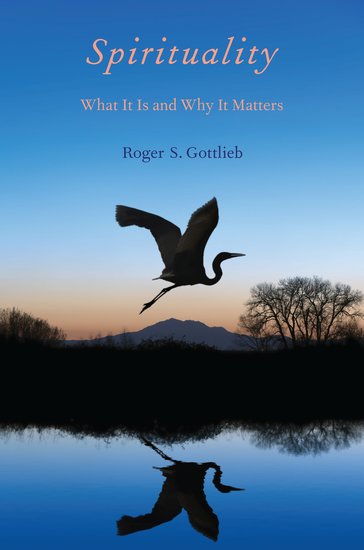Kosher beers for Hanukkah
I always knew that my family was a little different, but it wasn’t until my mid-teens that I realized exactly how weird we were. An African-American family living in the suburban greenery of Hollis, Queens, at the outskirts of New York City, we thought little of the fact that my father’s big hobby was hunting game birds. With dogs, no less. Often on horseback.















